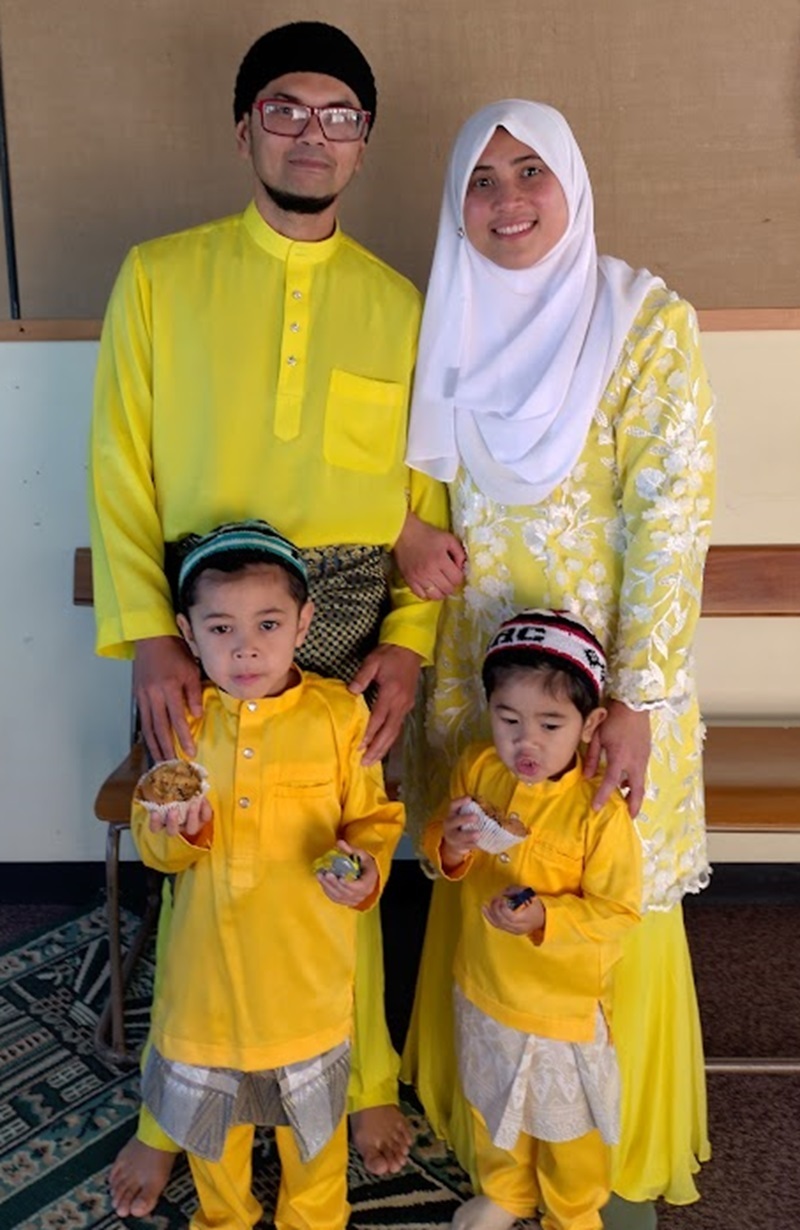Ramadan Mubarak from Ōamaru
Ashley Smyth
13 March 2024, 1:11 AM
 Prayer time at the Ōamaru Islamic Centre in Trent Street. Photo: Muslim Association of Ōamaru Inc,/Facebook
Prayer time at the Ōamaru Islamic Centre in Trent Street. Photo: Muslim Association of Ōamaru Inc,/FacebookRamadan is a Muslim religious holiday many of us have heard of, but perhaps don’t really understand.
Ramadan in New Zealand begins today, following notification from the Federation of the Islamic Associations of New Zealand Hilal Committee, but in other parts of the world it started yesterday, or even the day before.
It is held on the ninth month of the Islamic lunar calendar, every year, and lasts for 29-30 days. The beginning and end is signified by the appearance of a crescent moon.
During Ramadan, all Muslims fast from sunrise until sunset, abstaining from food, drink, and smoking and marital relations in daylight hours. They wake up before the sunrise to eat, so they have energy to get through the day, and then eat again once the sun goes down.
The lunar calendar is 354 days long, 11 days shorter than the regular Gregorian calendar, which means Ramadan falls slightly earlier each year.
When it falls in winter, it is much easier to fast than in summer when the days can be quite long and hot. Occasionally there will be two Ramadans in one year.
Hani Mohd, a Malaysian-born Muslim who moved to Ōamaru almost eight years ago, says she is yet to experience Ramadan in the height of summer.
She explains what the occasion signifies for her and her family, and about 17 other Muslim families from countries such as Pakistan, Indonesia, and Egypt, as well as Malaysia, who live in the area.
The reason behind the fasting is to feel empathy for those who are poor and starving.
“And fasting is not (just) about eating. It's about your need to control your emotion, like your temper . . . like a form of self control,” she said.
It is also a time for prayer and self-reflection, self-purification, and to focus on self-development.
“So, it's about your manner, too. You need to be a good person, not to have a bad temper, and you do good things for you and for other people.”
It is compulsory to fast once a person has hit puberty, unless they have a medical reason, are elderly, work in a physical job, or are travelling, Hani said.
Those who are exempt from fasting compensate by paying the equivalent of one meal to feed one person for a day.
Hani doesn’t find fasting too difficult, it is something she has trained for, and is used to.
“You need to be training to be fasting, like, even the kids, when they are at the age of puberty, you're not directly fasting. So when you know next month will be fasting, you can maybe try not to be eating for the half day, or maybe you're not eating but you're still drinking,” she said.
After the month of fasting for Ramadan, a celebration is held called Eid al-Fitr, which involves a lot of food.
“Some countries celebrate only three days, some other countries, like, the whole month. But even the whole month, you are still working on the weekdays, but over the weekend, you celebrate.”
A greeting or “wish” you might offer a person celebrating Ramadan is “Ramadan Mubarak”, or when they are celebrating Eid al-Fitr, then you would say “Eid Mubarak”. The Christian equivalent would be wishing somebody a Merry Christmas or Happy Easter.
Hani said while people are mostly kind to her and her family here, not many know or understand about Ramadan, and what it involves.
She and her husband, who is also Muslim but grew up in New Zealand, have two young sons, aged three and five. While they are not old enough to fast yet, she knows it will be hard for her to help them train when the time comes, because of the school environment, where nobody else will be fasting.
During Ramadan, Muslims also pray a Tarawih at a mosque every night, or in Hani’s case, the Islamic Centre, in Trent Street.
The Tarawih is a voluntary prayer, performed during the fasting month after Isha, the last evening prayer.
“Other than prayer, you need to study and learn about Islamic knowledge. So, make lots of du'as, recite and learn about the Qur'an, and also you give to charity and help the poor."

Hani Mohd with her husband PJ Ani and sons Eidyn (5) and Isaac (3). Photo: Supplied




